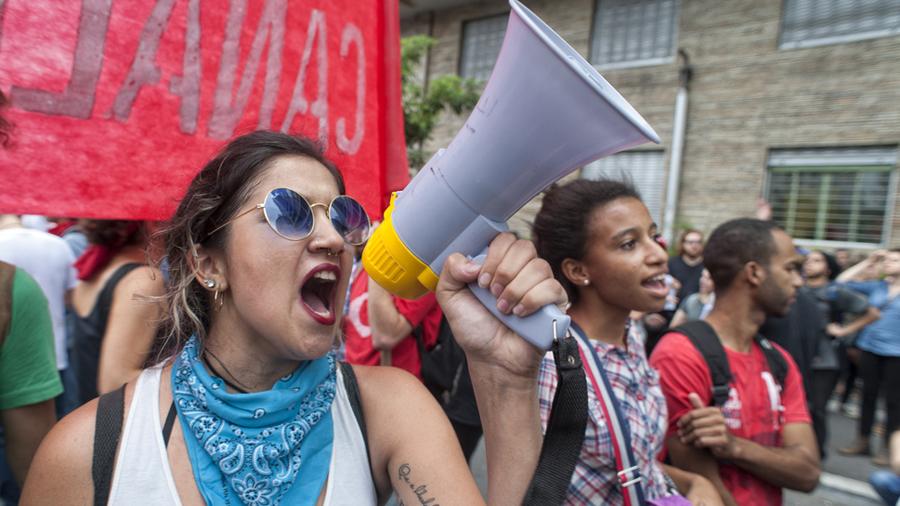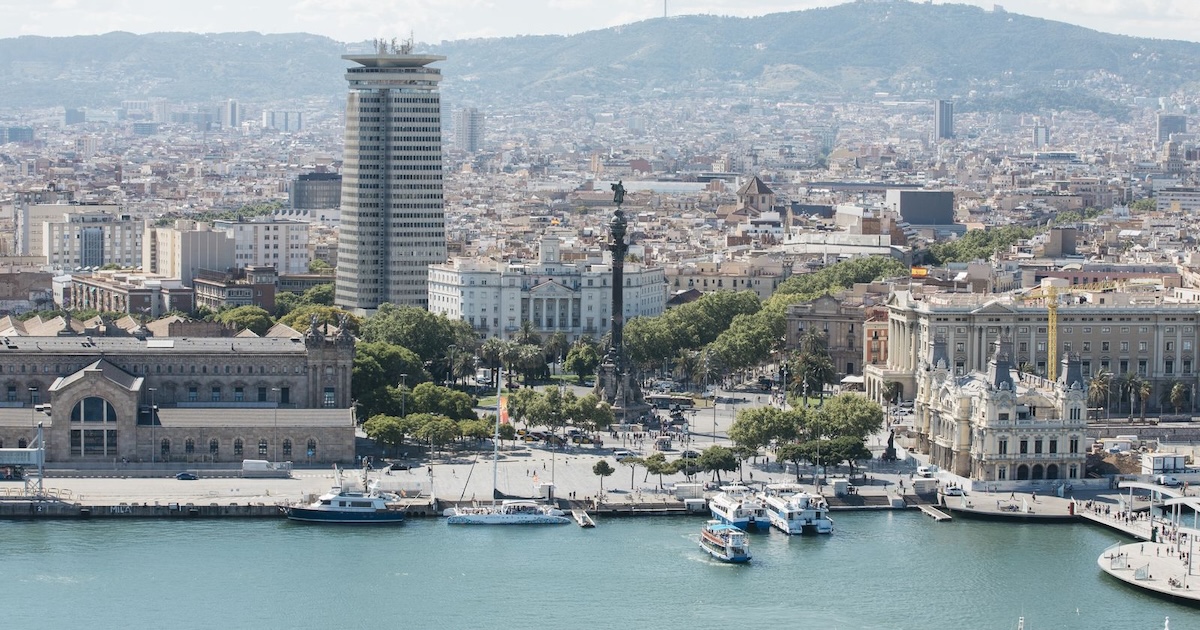Proactive meeting planners have always thought ahead about the possibility of protests or other potential disruptions to their events and conferences. But today, many are stepping up their efforts.
With demonstrations constantly in the headlines after a highly contentious election and decisions such as U.S. President Donald Trump’s executive order on immigration, there are many political activists and everyday citizens who want to make their voices heard publicly.
When Protesters Show Up at Your Event
When DeAnna Rogers planned a 4,000-person conference at a hotel in San Diego last year, she worked closely with the venue’s staff to prepare for the possibility of protests. The gathering was not expected to be controversial. Rogers is director of events at Boost Events in Austin, Texas, which produces conferences for Digital Marketer, a company that teaches people to build businesses online. However, the hotel alerted Rogers that her conference would be followed immediately by a seminar for politicians. Protests were likely.
Given the situation, the hotel secured the property by allowing admission only to individuals who had a hotel key card. For added peace of mind, Rogers hired off-duty police officers to bolster security.
Rogers was glad she planned ahead when protesters started showing up on the last day of her event.
“It did cause a little bit of a commotion,” she says. “Our attendees were leaving and going to the airport. We had to be prepared for that.” “Certainly, protests these days have become a little bit more of the norm, rather than the exception,” says Karen Shackman, president of Shackman Associates, a destination management company based in New York City. Of course, what happens at protests can be a wildcard. While many are mellow, some do turn violent.
For many meeting planners, preparation for such known unknowns—to borrow a phrase from former U.S. Secretary of Defense Donald Rumsfeld—starts with a risk assessment, long before the event takes place. “When it comes to protests and demonstrations, you need to assess what are the chances someone would protest this?” says Jeff Kear, owner of Planning Pod, an online event management platform based in Denver, Colo. There are many potential sparks for protests, from controversial keynote speakers to less obvious triggers, Kear has found.
“It could be the type of organization or company involved in sponsoring the event or promoting it,” he says. “Even exhibitors buying booth space at your event might attract some protest or demonstration.”
Greg Jenkins, a partner at Bravo Productions in Long Beach, Calif., often monitors social media and search engines ahead of an event to see if there are any hints a protest may take place, such as articles about previous protests of a particular speaker or controversy about a topic that will be discussed.
As he notes, protesters can generate a big crowd in minutes using tools such as Facebook. “All of a sudden you have 500 or 1,000 people at your facility,” he says.
See related article: On Alert: Is your Event Plan Ready for a Crisis
Topics that Spark Protest at Events
There are several hot button issues that can give rise to protest occurring at your event, according to Jenkins. These lightning rod topics can include:
- Immigration, globalization
- Climate change
- Expansion overseas oil drilling
- Labor or Union Issues
Monitoring the possibility of protests should be ongoing, meeting professionals advise. For instance, when Jenkins worked on a major function in Las Vegas recently, he stayed in close touch with the venue and kept an eye out for any new developments.
At the time we were contracted there wasn’t a labor dispute,” he says. “When the event started to unfold, a labor situation took place. The whole point is doing your due diligence before and finding out what types of things could possibly happen.”
Coordinate Your Event with Local Police
For large events, some planners keep in close contact with local police to make sure they have up-to-the-moment information about any protests that may disrupt their events, or aspects of the experience such as the travel of attendees to their airport later.
Even if protesters don’t target the event itself, some note, a demonstration at a nearby site could have an effect on it, perhaps blocking access to a hotel or making it hard for attendees to get to the airport.
We work well with the New York City Police Department and try to determine from them what is going on and wherever possible try to have them as a component to any meeting we do,” Shackman says. “That way, we have not only boots on the ground but also ears to the ground.







